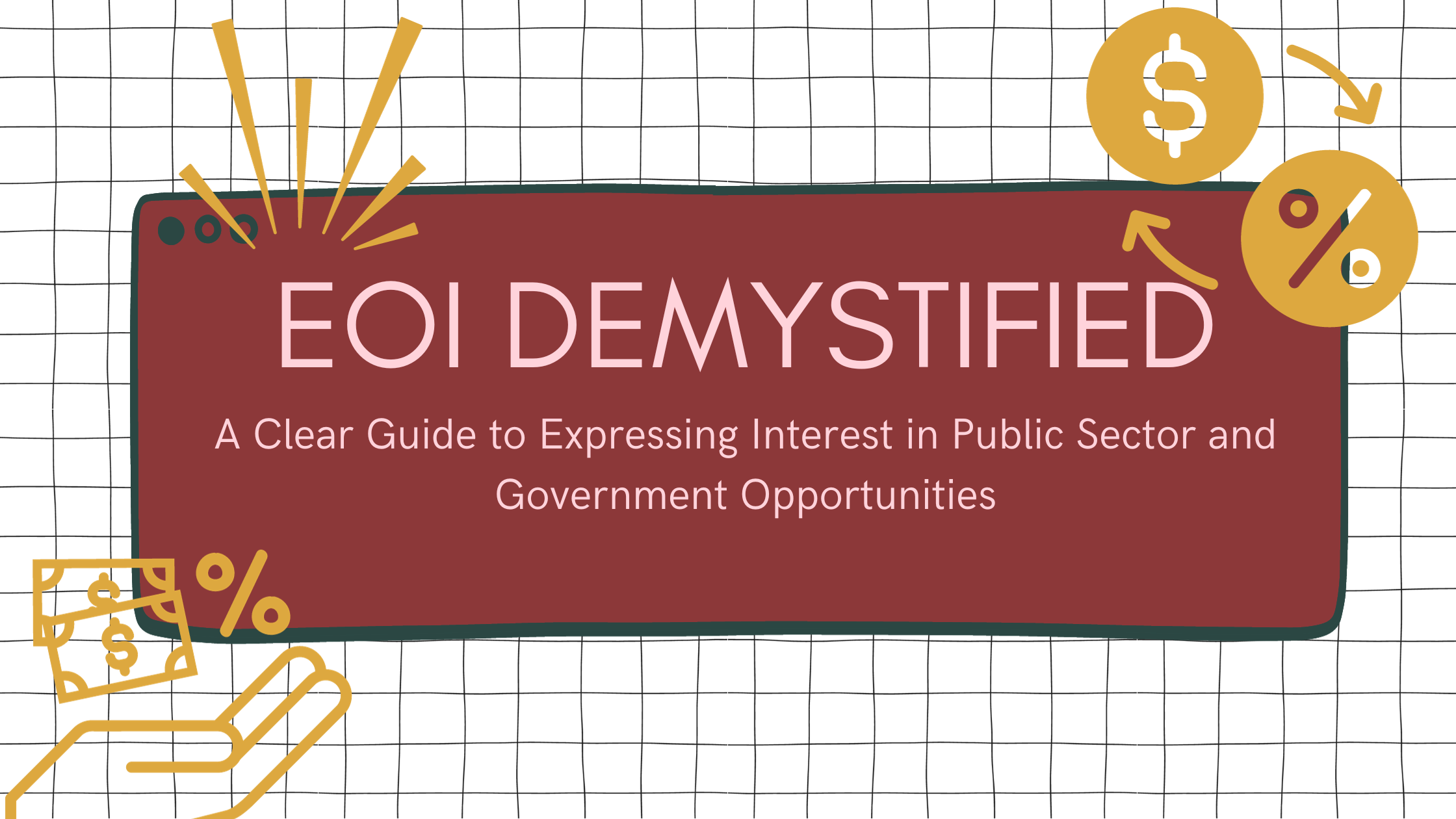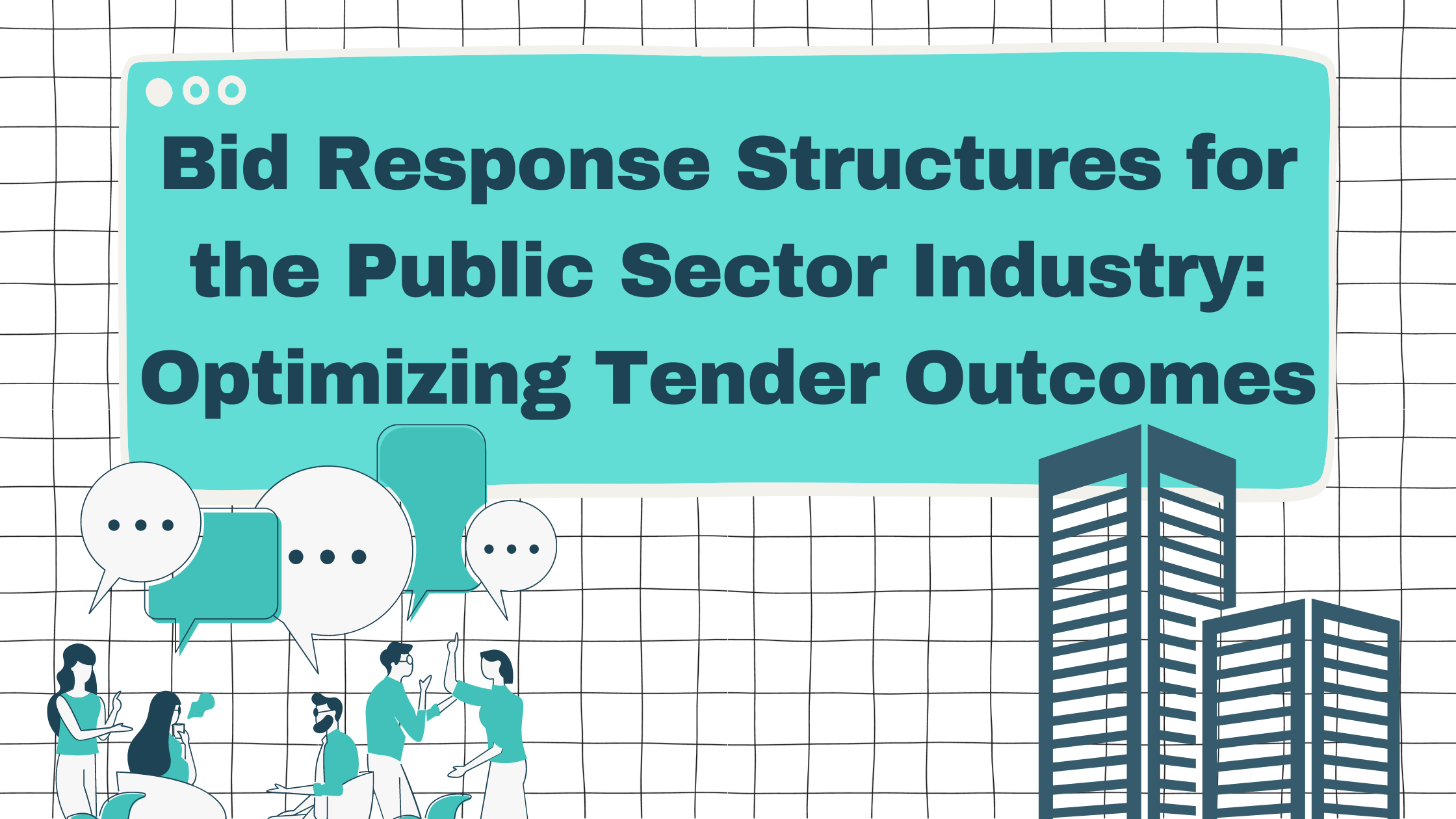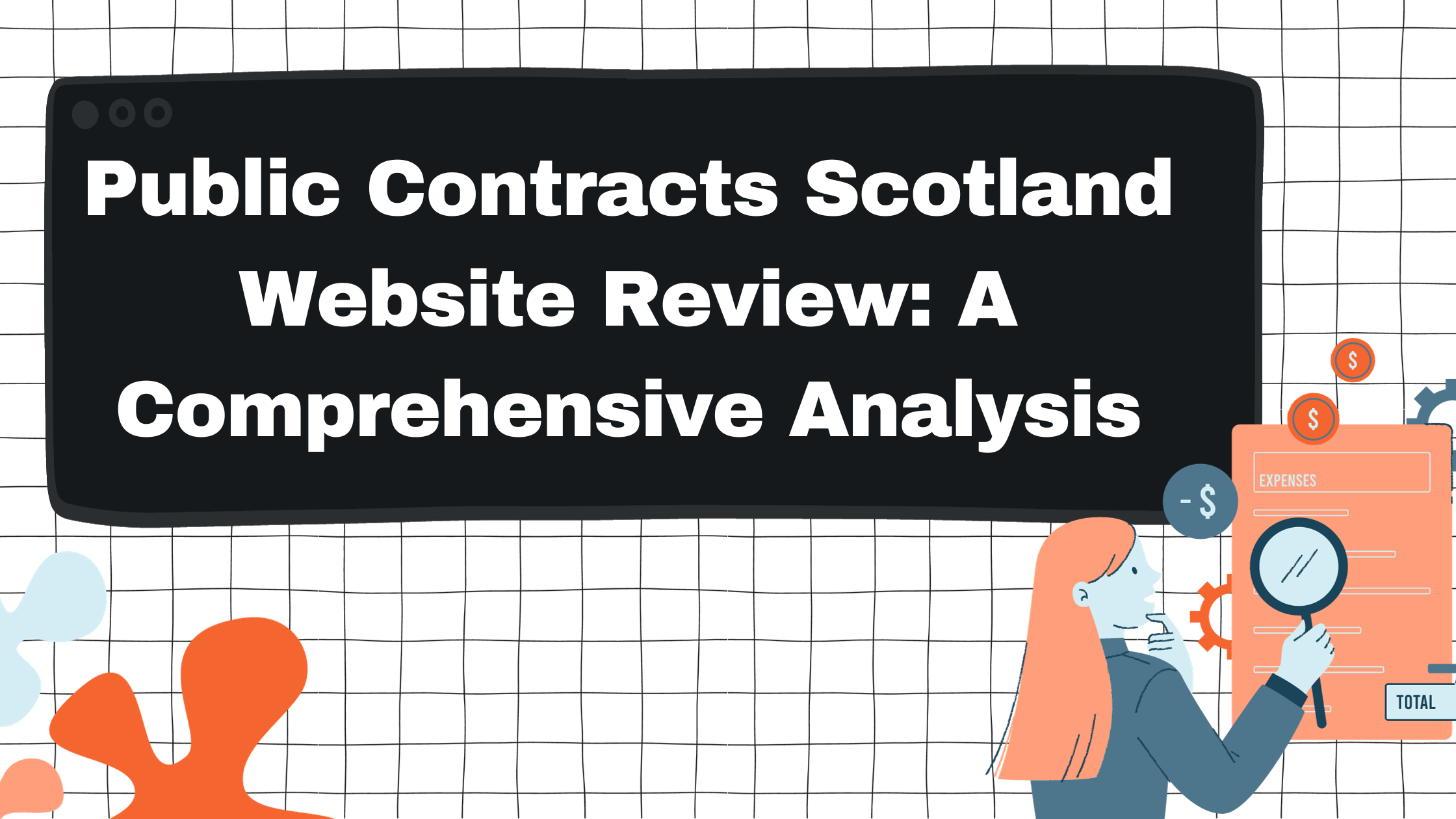Proposal and RFP Writing Services: Streamlining Your Bidding Process

Need Help with Your Bid?
Get in touch by filling out the form and one of our advisors will be in contact.
Contact UsBid Management Platforms: How They Simplify The Bidding Process
In the competitive field of construction and project development, bid management platforms have revolutionized the way bids are managed. These digital solutions simplify the intricate process of bidding by providing a central hub where all aspects of bid management can be streamlined. Specialty contractors and construction firms are quickly recognizing the value of these platforms as they race to scale operations and juggle multiple project bids to maintain a high success rate.

The crux of an effective bid management software lies in its ability to assist users in creating, tracking, and managing bids centrally. By leveraging a connected platform, businesses gain real-time insights into their bidding process, improve collaboration, and expand their network of qualified subcontractors. These platforms also guide users through evaluating various bidding opportunities, ensuring choices align with strategic business goals while boosting the chances of securing contracts.
Key Takeaways
- Bid management platforms are central to improving the efficiency of the bidding process.
- These tools aid in better evaluation and management of bidding opportunities.
- Utilizing such platforms can lead to increased collaboration and higher win rates.
The Essentials of Bid Management Platforms
In my experience, a robust bid management platform serves as the backbone of a company's bidding strategy, integrating essential tools and processes that are designed to enhance efficiency and success rates.
Key Features of Bid Management Software
Centralized Data Repository: I have found that having a single source of truth for all bid-related documents and communications is crucial. This aspect of bid management software allows for real-time collaboration and document access, ensuring that all team members are on the same page, which is vital for maintaining a productive bidding process.
- Efficient Bid Tracking: It's important for the software to offer visibility into the bid pipeline, enabling me to track multiple bids simultaneously. By monitoring bid stages, responses, and deadlines, I can prioritize tasks effectively.
- Solicitation and Submission: I believe a core function is to streamline the process of soliciting bids and submitting proposals. This includes support for RFP distribution, response collection, and version control, which simplifies the complex nature of bid management.
The Role of AI in Streamlining the Bidding Process
Predictive Analytics: By leveraging AI, bid management software can predict outcomes based on historical data. I use this feature to make informed decisions about which bids to pursue, considering factors like win probability and potential value.
- Generative AI: AI's generative capabilities can assist in creating bid content, drawing from a vast database of past proposals and successful bids. This reduces the time I spend on proposal writing while maintaining high-quality submissions.
- Automation of Repetitive Tasks: AI can automate mundane aspects of the bidding process, like data entry and compliance checks, freeing me up to focus on strategy and client relationships.
In my comprehensive review of such platforms, I've recognized that the integration of AI into bid management is not just a trend but a transformative force in the digital era, markedly enhancing the efficiency and accuracy of bid strategies.
Integrating Bid Management Solutions
In my experience, integrating bid management solutions is essential for organizations seeking to enhance efficiency and data accessibility across their systems.
APIs and System Integration
The use of APIs (Application Programming Interfaces) has revolutionized how systems communicate with each other within my organization. By establishing secure and reliable connections, APIs facilitate the integration of bid management solutions with other essential software used across various departments. This eliminates data silos, ensuring that all stakeholders have real-time access to critical information. For instance, integrating a bid management platform with CRM systems allows for the seamless flow of client data, which improves the accuracy of bids and tailors responses to client needs more effectively.
From Excel to Advanced Platforms: The Shift
Replacing traditional Excel spreadsheets with advanced bid management platforms represents a significant digital transformation for my organization. The shift from manually managed data to a central, digital platform allows for better collaboration, error reduction, and time savings. The advent of digital bid management tools has been transformative, leveraging automation to streamline the previously cumbersome process of bid tracking, team collaboration, and risk assessment.
In moving to these advanced platforms, the comprehensive view I gain of all bidding activities not only simplifies the management process but also offers deeper insights through analytics, enhancing strategic decision-making. By breaking down the barriers of conventional methods, my organization gains a competitive edge, driving efficiency and profitability in our project endeavors.
Enhancing Collaboration and Transparency
In the realm of construction, I've seen how vital it is to maintain clear lines of communication and transparency. Bid management platforms like BuildingConnected have been game changers, offering comprehensive solutions that bolster collaboration and ensure transparent processes are in place from preconstruction to project completion.
Information Sharing with Subcontractors
I've observed that effective collaboration hinges on the ability to swiftly and accurately share information with subcontractors. Bid management platforms enable this by providing an intuitive interface where I can distribute drawings, specifications, and other bid-related documents. It's the transparency of this information sharing that helps ensure all team members are on the same page, reducing the likelihood of costly misunderstandings or errors.
Streamlining Preconstruction Activities
In the preconstruction phase, I find that a bid management platform is invaluable for keeping my activities streamlined and transparent. I can seamlessly manage and evaluate subcontractor qualifications, which is crucial for maintaining project standards. By having a digital system, I can avoid the traditionally cumbersome paperwork and keep a clear, auditable trail that reflects my project's status at any moment. The platform fosters a transparent environment where all stakeholders know precisely where the project stands in the bidding process.
Evaluating Bidding Opportunities
When I consider bidding opportunities, I focus on two critical areas: understanding the tender process and its management, as well as making informed bid/no bid decisions. These steps are vital for the efficient allocation of resources and enhancing the chances of securing contracts.
The Tender Process and Management
Tender management is an essential aspect of bid solicitation; it involves the detailed scrutiny of tender documents to ensure compliance with all requirements. My approach begins with dissecting the tender documents to align my offer with the client's needs. Tools like Bidhive have proven instrumental in categorizing and prioritizing each section of the tender. By effectively managing tenders, I enhance my proposal's accuracy and relevance, significantly increasing my chances of winning the bid.
Checklist for Tender Management:
- Review the tender documentation thoroughly.
- Align bid responses with the project scope and evaluation criteria.
- Monitor and manage bid status throughout the tender period.
Making Optimal Bid/No Bid Decisions
A wise bid/no bid decision is based not just on whether I can do the job, but also on whether it aligns with my strategic objectives. I meticulously evaluate the project scope, the potential return on investment, and the resources required to determine if an opportunity is worth pursuing. In this process, I factor in past performance on similar projects and the current competition in the marketplace to assess my odds of winning. A systematic and analytical approach enables me to decide where to direct my efforts for maximum impact.
Criteria for Bid/No Bid Decisions:
- Alignment with my business's strategic goals and capabilities.
- Potential for a reasonable profit margin.
- Assess competitive landscape and win probability.
By keeping my tender management organized and making deliberate bid/no bid decisions, I position myself to bid more effectively on projects that I am well-suited to deliver on, thus optimizing both my resources and my bid success rate.
Increasing Efficiency and Win Rates
In my experience, a critical component to improving bidding processes involves integrating modern bid management platforms. I've witnessed firsthand how these platforms elevate productivity and visibility, ultimately enhancing win rates.
Leveraging Digital Technologies for Competitive Advantage
Utilizing digital technologies provides a significant edge in the competitive bidding arena. By adopting sophisticated bid management systems, I ensure that every aspect of the bid is analyzed and optimized. These platforms come with potent algorithms that help me prioritize tasks and estimate more accurately, leading to a direct increase in my win rates. Moreover, the integration of a crowdsourced network bolsters my ability to tap into a wealth of knowledge, enabling me to refine my proposals based on proven strategies.
Tracking Bids and Analyzing Outcomes
Bid tracking is essential for assessing the effectiveness of bidding strategies. With a centralized management system, I monitor all my bids in real time, which significantly boosts my productivity. I not only track current bids but also review past submissions to analyze outcomes. This historical data is critical, as it reveals patterns in successful bids, allowing me to replicate winning strategies. Visibility into both wins and losses is indispensable for continuous improvement, which in turn increases the likelihood of future wins.
Frequently Asked Questions

In my experience, bid management platforms are essential tools for modern businesses looking to optimize their proposal efforts. They bring efficiency to the tendering process and provide detailed insights that aid firms in securing lucrative contracts.
What are the key features of effective bid management software?
Effective bid management software typically includes features like centralized document management, automation of routine tasks, and real-time collaboration capabilities. A robust system ensures seamless workflow and a structured approach to managing bids.
How does bid management software streamline the procurement process?
Bid management software streamlines the procurement process by providing a single platform for tracking bids, managing submissions, and analyzing data. It can significantly reduce manual work, minimize errors, and expedite decision-making.
What factors should be considered when selecting a bid management platform?
When selecting a bid management platform, consider the platform's ease of use, customization options, scalability, compatibility with existing systems, and the quality of customer support. Security features and compliance with industry standards are also critical.
How do bid management platforms help users in winning bids?
Bid management platforms assist users in winning bids by providing tools that help accurately estimate costs, manage subcontractor quotes, and submit polished, professional proposals. They also offer strategic insights, which can give users a competitive edge.
What are the benefits of integrating bid management software with other project management tools?
Integrating bid management software with other project management tools offers seamless workflows, centralized data, and more comprehensive project oversight. This integration leads to improved resource allocation and better project outcomes from bid to completion.
Can bid management platforms offer analytics and reporting to improve bidding strategies?
Yes, bid management platforms can offer detailed analytics and reporting features that enable users to assess their bidding strategies. By analyzing past performance and market trends, firms can make data-driven decisions to improve future bids.
Ready to start your search?
Get in touch by filling out the form to the right and one of our advisors will curate a personalised selection for you.
Get in touchBlogs. Guides. Helpful advice.

Mastering Proposal and RFP Writing for Government and Public Sector Opportunities

Proposal and RFP Writing Services: Enhancing Public Sector Tender Outcomes

.svg)